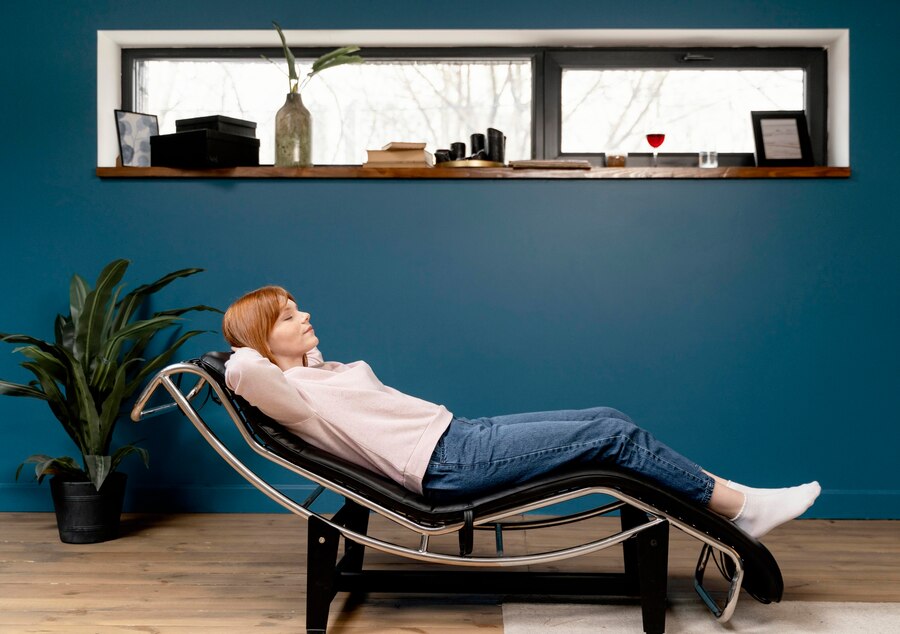
Getting quality sleep is essential for physical health, mental well-being, and overall productivity. However, many people struggle to get the recommended 7-9 hours of restful sleep each night. If you find yourself tossing and turning, your home environment might be the culprit. Fortunately, there are several home improvements you can make to optimize your living space for better sleep.
1. Upgrade Your Mattress and Bedding
One of the most significant factors affecting sleep quality is your mattress and bedding. A mattress that is too firm, too soft, or sagging can lead to discomfort and poor sleep posture. Consider investing in a high-quality mattress that supports your body’s natural alignment. Memory foam, latex, or hybrid mattresses are popular choices for their ability to contour to your body and reduce pressure points.
In addition to a good mattress, soft, breathable bedding can also enhance sleep quality. Opt for natural fabrics like cotton or bamboo, which help regulate temperature and wick away moisture. A weighted blanket may also be beneficial for those who experience anxiety or restlessness at night.
2. Control Lighting for a Sleep-Friendly Atmosphere
Light exposure plays a crucial role in regulating our circadian rhythm. Too much artificial light before bedtime can suppress melatonin production, making it harder to fall asleep. To combat this, consider installing blackout curtains to block external light from street lamps or early morning sun.
Dimmable lights or smart bulbs can also help you create a relaxing bedtime routine. Warm, amber-colored lighting in the evening can signal to your body that it’s time to wind down. Avoid using bright white or blue lights from screens before bedtime, or invest in blue light-blocking filters for your devices.
3. Soundproof Your Bedroom
Noise disturbances are a common sleep disruptor, especially for light sleepers. If you live in a noisy neighborhood, consider adding soundproofing elements to your bedroom. Thick curtains, rugs, and upholstered furniture can help absorb sound and reduce echo. If outside noise is a persistent problem, using a white noise machine, fan, or calming nature sounds can help mask disruptive noises.
4. Regulate Room Temperature
The temperature of your bedroom significantly impacts sleep quality. The optimal sleep temperature is typically between 60-67 degrees Fahrenheit (15-19 degrees Celsius). A room that is too hot or too cold can lead to restless sleep.
Installing a programmable thermostat can help maintain a consistent and comfortable temperature throughout the night. Breathable bedding, moisture-wicking sheets, and cooling pillows can also assist in regulating body temperature. If overheating is a problem, consider using a ceiling fan or an air purifier to promote better airflow.
5. Declutter and Organize Your Space
A cluttered and chaotic bedroom can contribute to stress and make it harder to relax before bedtime. Decluttering your space and adopting a minimalist approach can create a peaceful environment conducive to sleep.
Storage solutions like under-bed bins, floating shelves, or built-in closets can help keep your bedroom tidy. Additionally, choosing a calming color scheme—such as soft blues, greens, or neutrals—can promote relaxation and reduce anxiety.
6. Incorporate Relaxing Scents
Aromatherapy has been shown to improve sleep quality by reducing stress and promoting relaxation. Essential oils such as lavender, chamomile, and sandalwood have calming properties that can aid in sleep. Using a diffuser, linen spray, or scented candles can introduce these soothing scents into your bedroom.
7. Limit Electronics in the Bedroom
Electronic devices like smartphones, tablets, and televisions emit blue light that can interfere with melatonin production. Keeping screens out of the bedroom can help reinforce the space as a sleep sanctuary. If you must use electronics before bed, switch to night mode or wear blue light-blocking glasses to minimize their impact on sleep.
Conclusion
Your home environment plays a crucial role in your sleep quality. By making simple home improvements—such as upgrading your mattress, optimizing lighting, soundproofing, regulating temperature, decluttering, using relaxing scents, and minimizing electronics—you can create a sleep-friendly sanctuary. Prioritizing these changes will not only help you sleep better but also improve your overall well-being, productivity, and daily life. Investing in a good night’s sleep is one of the best things you can do for your health, and your home can be a key factor in achieving that goal.









